Why Ex-RBI Governor Raghuram Rajan Was In The Running For the Economics Nobel
An exemplary economist who enhanced India's credibility in the global arena, Raghuram Rajan could end up winning the Nobel Prize in Economics, according to predictions made by research firm Clarivate Analytics.

Mostly viewed as haloed officials handling a subject almost as complicated as rocket science, the governors of central banks rarely enjoy mass popularity. However, there are exceptions. And former RBI Governor Raghuram Rajan definitely was one.
An exemplary economist who enhanced India’s credibility in the global arena while earning the respect of the masses, Rajan’s name is among the probables for the Nobel Prize in Economics, according to predictions made by research firm Clarivate Analytics.
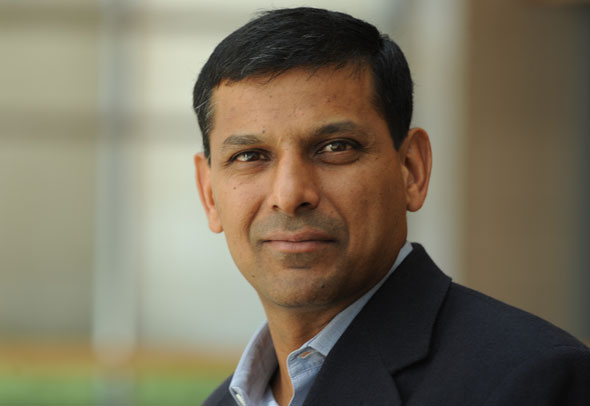
Clarivate uses research citation data to draw up a list of possible Nobel Prize winners that is then published ahead of the formal announcements by the Nobel committee. Interestingly, the company has a history of successfully predicting Nobel winners, especially those in the field of economics. The analytics company has correctly predicted the prize’s winners eight times, including for four years in a row!
In this year’s list, Clarivate Analytics has named five other contenders — Michael C. Jensen, Colin F Camerer, Stewart C. Myers, Robert E. Hall, George F. Loewenstein — along with Raghuram G. Rajan for the Economics Nobel. According to Clarivate’s announcement, Rajan was chosen as a probable thanks to his “contributions illuminating the dimensions of decisions in corporate finance.”
Here are 5 reasons why the former RBI Governor’s name was considered for the Nobel Prize in Economics this year.
1. At the age of 40, Rajan became the youngest ever Chief Economist of the International Monetary Fund (IMF).
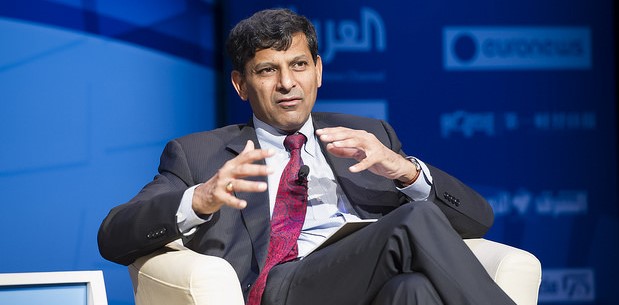
Son of an IPS officer, Rajan did his graduation from IIT Delhi and Masters from IIM Ahmedabad before completing his PhD from MIT Sloan School of Management in 1991. Figuring out how to make financial systems work better soon became a personal mission for him and his research laid the foundation for his meteoric rise in the world of economics.
In September 2003, he created history by becoming the only Indian and the youngest person ever to be appointed as the Chief Economist of the International Monetary Fund.
2. Rajan predicted the financial crisis of 2008 three years before the economic meltdown actually happened.
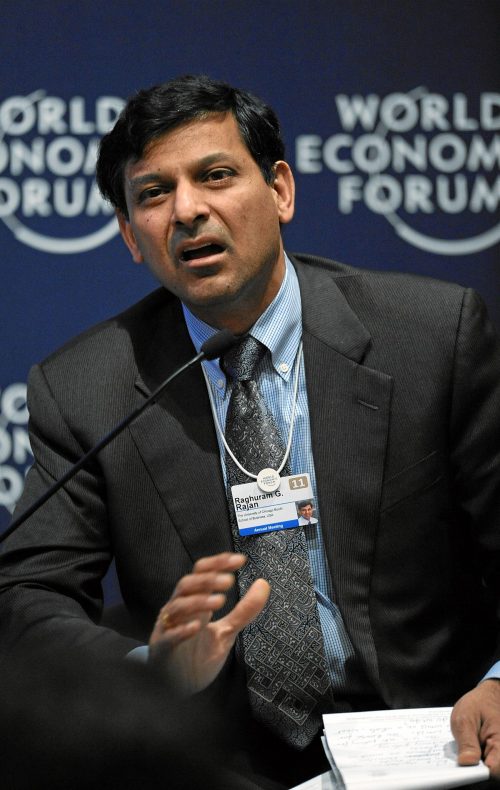
At an annual gathering of economists and bankers in the US in 2005, Rajan was greeted by laughter and disbelief from the world’s top economists when he warned them about an impending crisis in the global financial market.
While the other economists were in a buoyant mood thanks to rising property prices in the US (and worldwide), the then IMF chief economist chose to deliver a paper titled: “Has Financial Development Made the World Riskier?” Answering his own question in the affirmative, Rajan highlighted unsustainable banking practices and risky financial instruments — like mortgage-backed securities and credit default swaps — that could lead to economic collapse.
Fast forward to the summer of 2008. By then, the financial crisis had already unfolded and Rajan’s prescient critique had shot to fame, with people like US federal bank presidents citing it in their speeches. He was also extensively interviewed for the Oscar-winning documentary, Inside Job (2010).
3. In a 2011 poll in The Economist, Rajan was ranked by his peers as the economist with ‘the most important ideas for a post-crisis world‘.

Rajan’s acclaimed book, Fault Lines: How Hidden Fractures Still Threaten the World Economy, also brought global attention to the key issue of income inequality. In this book, Rajan warned that reforms had not addressed the underlying income inequality and stagnating middle-class earnings that helped cause the 2008 meltdown.
Widely appreciated for its academic and real-world analysis of the problems of finance and macro-economy, the book won the Financial Times and Goldman Sachs Business Book of the Year award for 2010.
4. Rajan’s nuanced handling of the rupee crisis in 2013 that helped bring back foreign investors to India.
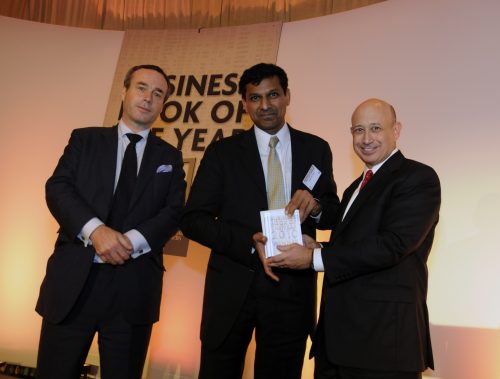
When Rajan assumed the office of RBI Governor in 2013, he faced soaring inflation, widening current account deficit, receding growth prospects and a rupee which was in free fall. A year later, inflation had been brought under control, current account deficit has been whittled down significantly, the economy was bouncing back, and the rupee’s fall had been reversed to such an extent that it had become the best performing currency in emerging markets.
Not only did he manage to make the process of handing out new bank licences transparent and controversy-free, but he also took the fight against inflation to the next level by targeting CPI (consumer price inflation) rather than WPI (wholesale price inflation), the index traditionally targeted by the RBI.
Thanks to these key measures that stabilised the rupee (and the Indian economy), Rajan was honoured with the Central Banker of the Year award for 2014 by Euromoney magazine, for 2015 by Central Banking magazine and for 2016 by The Banker magazine.
5. Rajan has served in several key posts and won many prestigious awards for his ground-breaking research.
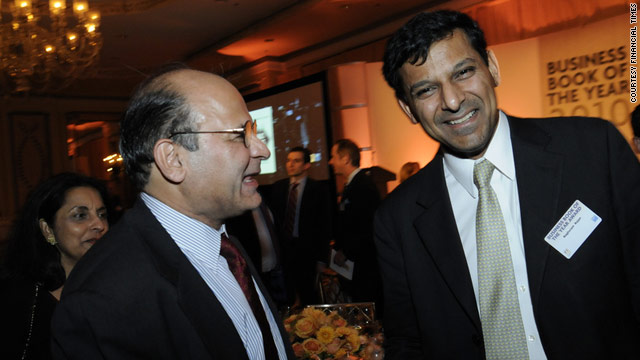
A force to be reckoned with, Rajan is the only Indian to have served as the vice-chairman the Bank for International Settlements (BIS), which acts as a coordinating body for central banks to ensure global monetary and financial stability.
The first Indian to have served as the President of the American Finance Association, he also a highly respected member of the Group of Thirty, an international body of leading financiers and academics who examine the impact of financial and economic decisions in the public and private sectors.
Currently the Katherine Dusak Miller Distinguished Service Professor of Finance at the University of Chicago’s Booth School of Business, Rajan has also been featured in Time magazine’s “100 Most Influential People in the World” list in 2016 and received the prestigious Fischer Black Prize, awarded to honour original and significant financial research.
The ex-RBI governor has also been awarded the fifth Deutsche Bank Prize in Financial Economics for his “ground-breaking research work which influenced financial and macro-economic policies around the world”.
Also Read: GST Rules Eased: Here’s What Gets Cheaper and Simpler For You
Like this story? Or have something to share? Write to us: [email protected], or connect with us on Facebook and Twitter.
NEW: Click here to get positive news on WhatsApp!
This story made me
- 97
- 121
- 89
- 167
Tell Us More
We bring stories straight from the heart of India, to inspire millions and create a wave of impact. Our positive movement is growing bigger everyday, and we would love for you to join it.
Please contribute whatever you can, every little penny helps our team in bringing you more stories that support dreams and spread hope.



















